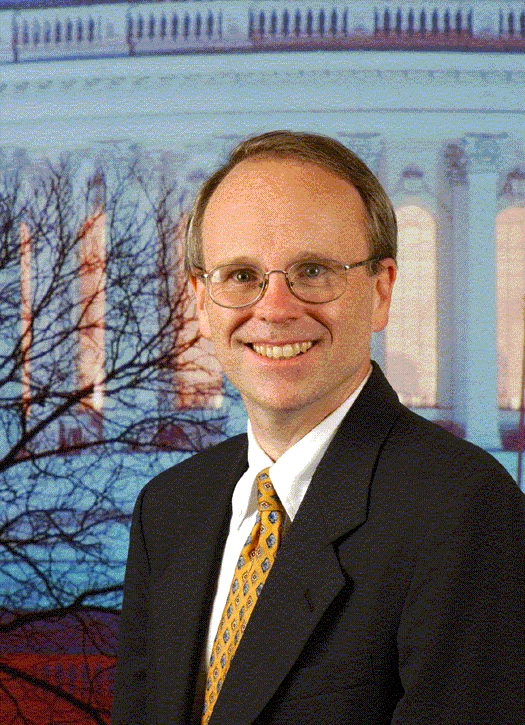“We need everybody,” as World Bank Group President Jim Yong Kim has passionately argued. “We need writers who can write about this. We need engineers. We need doctors. We need lawyers. We need artists. We need everybody who can capture the imagination of the world to end poverty." There’s a role in development for public-spirited people from every profession who seek to contribute to the cause.
Deep legal knowledge and deft legal reasoning are certainly part of the skill set needed to eradicate poverty and promote development. That’s because “you can’t have justice without advocates for justice,” as the Justice Community of Practice at the World Bank Group recently learned from the leader of an energetic initiative to link public-spirited legal practitioners with the nonprofit and non-governmental organizations (NGOs) that need their skills.
The legal acumen that helps for-profit law firms succeed in the marketplace is often sought by nonprofits, human-services groups and human-rights advocates. Lawyers' skills can often make a crucial difference for organizations that deal with social prorities – whether it’s by tackling complex challenges like protecting refugees or defending prisoners of conscience, or by pursuing routine tasks like negotiating an office-space lease or reviewing an employment contract.
Matching the needs of social organizations with the capacity of lawyers who have a bit of time to commit to pro bono publico ideals – and thus to “strengthen the global pro bono community” for the long term – is the goal of PILnet, the Global Network for Public Interest Law. PILnet president Edwin Rekosh recently told the Bank’s justice-focused group that “promoting voluntarism among lawyers” often starts with the simple question, “Do you care about doing something good with your free time?” If so, “What do you care about?”
Lawyers within some of the world’s largest international law firms, in particular, often find that they have some spare capacity when they're in-between client assignments. Putting those flexible hours to good use for a pro bono client can both satisfy the lawyers’ altruistic aspirations and reflect well on their firms’ commitment to devote time and talent free of charge to worthy social causes.
In 2013, PILnet mobilized access to more than $4.3 million worth of legal services for pro bono causes, helping provide 9,543 hours of legal services to 119 NGOs in 25 countries.
Founded in New York as the Public Interest Law Initiative in Transitional Societies at Columbia University (PILI) in 1997, PILnet originally aimed to provide support to social initiatives in Eastern Europe amid the region's post-communist transition process. After establishing an office in Budapest in 2002, PILnet has now expanded to create additional “clearinghouses” – matchmaking services that link potential pro bono clients with lawyers who have available time – in London, Budapest, Moscow, Beijing and Hong Kong. Having become an independent nonprofit, PILnet also pursues legal capacity-building, helping activist lawyers work with NGOs through fellowships, skill-building workshops and knowledge-exchange initiatives.
Offering examples of PILnet’s work, Rekosh described the way that PILnet has helped enlist lawyers to help seek citizenship rights for the migratory Roma population in Central Europe; to build a public-sector/private-sector coalition for safe-workplace regulation and anti-human-trafficking protection for women in Nepal; and to strengthen anti-corruption safeguards and financial-sector transparency in Montenegro.
As PILnet’s work has expanded, about 60 percent of its programs now address human-rights-related issues. About two-thirds of the NGOs receiving PILnet clearinghiouses’ support are human-rights groups.
As an ingenious way to link legal practitioners with the activist groups that need them, it’s intriguing to think of PILnet – in a globalizing marketplace where professional services are often delivered through groups like Médecins Sans Frontières and Journalistes Sans Frontières – as mobilizing a kind of “beyond borders” corps of international legal talent.
Lawyers' knowledge and problem-solving ability can surely make a strong contribution to the wide-ranging package of skills that are needed to promote development, advance democracy and uphold the rule of law worldwide. International institutions like the World Bank Group are eager to applaud the work of idealistic groups like PILnet as they #TakeOn the development challenge.




Join the Conversation